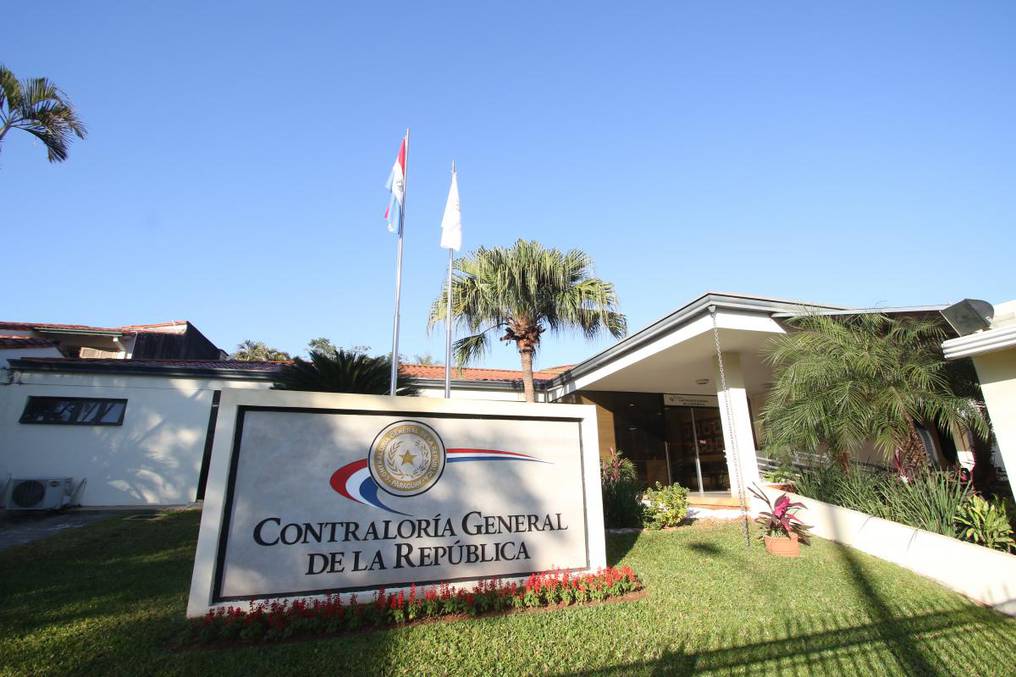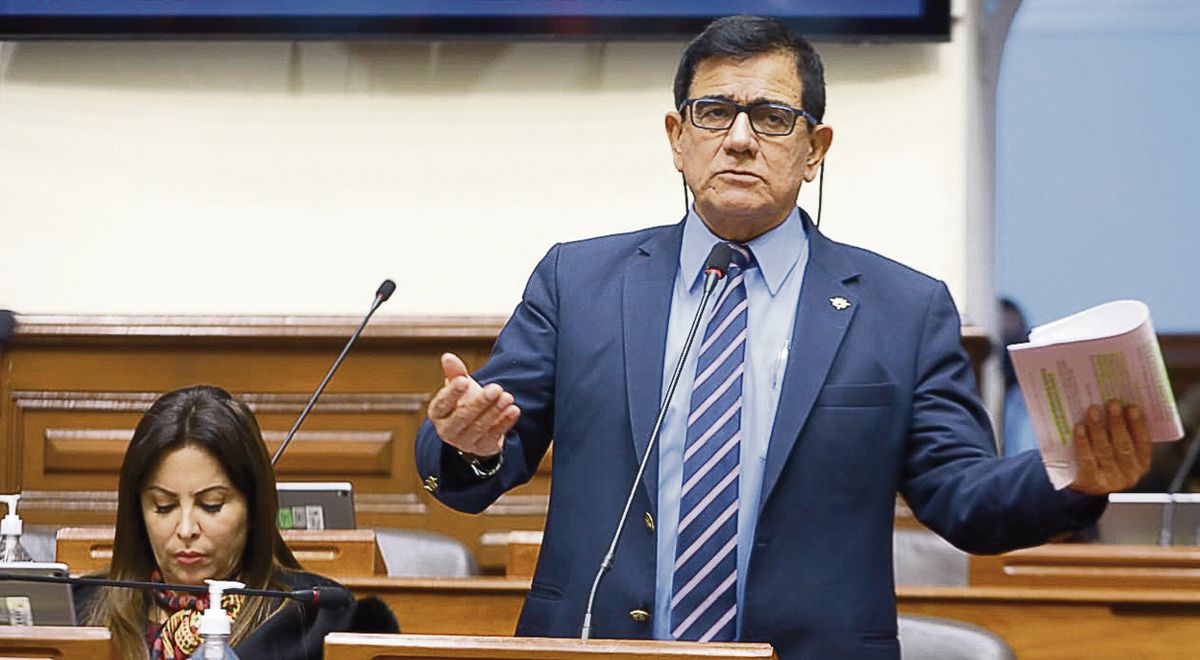The deputies Carlos María López (PLRA-Cordillera) and Jorge Avalos Mariño (PLRA-Paraguarí), presented a bill “Which modifies and expands articles 7 and 8 of Law No. 164/1993, which regulates article 193 of the National Constitution, modified by Law No. 3926/2009”, with the intention of adjusting the procedure established for interpellation cases.
The objective is to regulate what refers to the cross-questions that, normally, is usually done after the questionnaire prepared in advance has been exhausted.
“Lately, the seriousness that the parliamentary liturgy requires in an act of this magnitude, which is enshrined in the National Constitution itself, has been lost,” says part of the explanatory statement.
The current provision establishes in its Art. 7 that When the respondent has answered all the questions in the questionnaire, the congressmen may ask additional questions, related to the purpose of the question or with the answers given by the respondent.
The proposal expands this wording with the following text: “At this stage, the Presidency will ask the chamber if they already have the list of three parliamentarians, who will represent each bench, to ask additional questions, and if the answer is negative, it will declare a fourth intermission and if it is affirmative, it will continue with the session granting the floor to the legislator, who must directly ask the question without making any preamble about his questionnaire, which will be answered by the questioned in each case.
In this same article, the second original paragraph is deleted.
On the other hand, in Article 8, where it is established that the system of summons and interpellation will be adjusted to the provisions contained in the Constitution and the regulations of the chambers of Congress, the following wording is added:
“During this procedure, only the motions of order established in the pertinent article of the regulations of each chamber may be requested, which provides for going to the intermediate room and/or the postponement of the matter that is under consideration. When the questions have been exhausted, the person questioned will have the right to make all the statements that he considers necessary, for a period that may not exceed thirty minutes. Once his presentation is finished, the interpellation will be considered concluded.
The modification proposal was officially entered into the Chamber of Deputies and its referral to the Constitutional Affairs and Legislation and Codification commissions was arranged.





